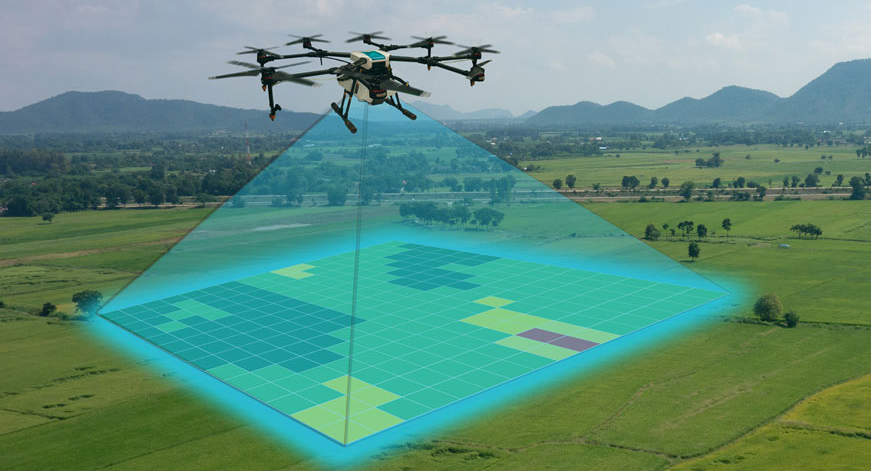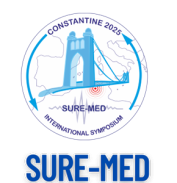WORKSHOPS
SURE-MED 2025 Workshops Outline
Overview
The SURE-MED 2025 workshops are designed to provide hands-on, practical training in specialized topics directly relevant to SURE-MED themes, including geology, geomatics, and seismology. These workshops will run simultaneously with the main SURE-MED symposium.
Eligibility
Workshops are primarily intended for students—preferably PhD students and Early Career Researchers (ECRs). However, MSc degree holders may also be considered, depending on availability.
Participation & Selection:
Workshop participation is limited. Participants should carefully select the workshop that best matches their background and research interests.
After acceptance, detailed instructions and preparation materials will be sent to participants to ensure they are ready for the workshop.
Some workshops may require participants to bring laptops or other specific materials; these requirements will be communicated in advance.
How to Apply
Go to the Workshops Registration section and complete the form.
Indicate the workshop you wish to enroll in.
Selection is competitive due to limited spaces, so please choose carefully.
You will receive an email notification after your acceptance.
Important Notes
some workshops are subject to change or cancellation depending on the number of participants.
Additional workshops may be proposed.
Workshops are free of charge for accepted participants.
Attendance in a workshop requires submission of an abstract to SURE-MED and a commitment to present (oral or poster) at the symposium.
Workshops are held in parallel with the main symposium sessions, so participants should plan accordingly
Workshops details
1st Workshop: Introduction to Geographic Information Systems (GIS) for Geoscientists
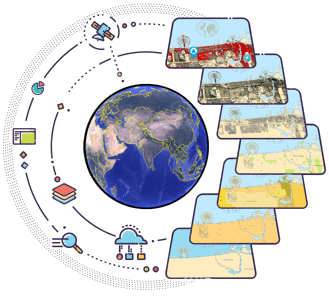
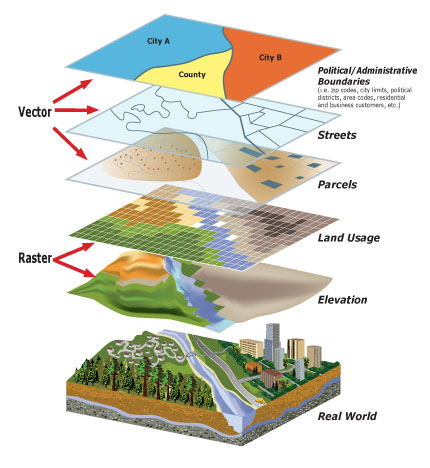
2nd Workshop: Introduction to Structural Mapping Techniques

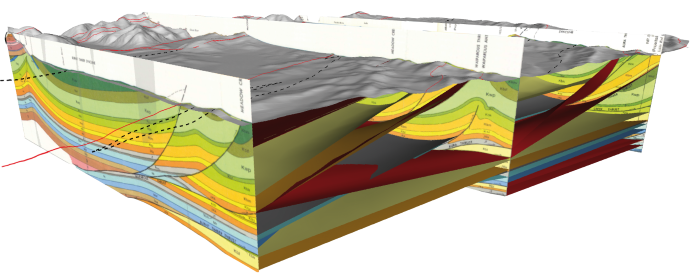
3rd Workshop: Local Seismic Tomography
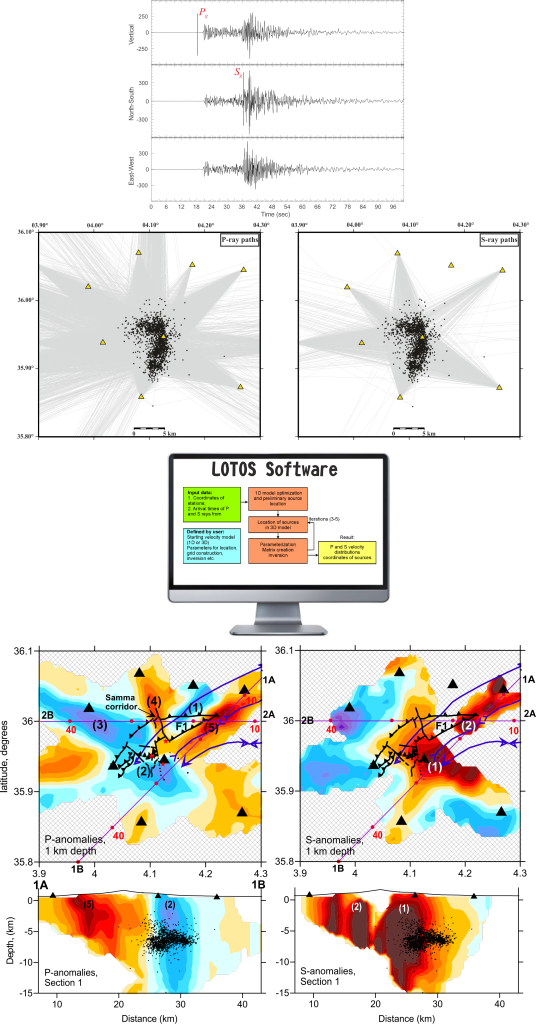
4 Workshop: Using Ambient Vibration Techniques for Site Characterization
Facilitators: Layadi Khalissa & Bendjama Hichem
Capacity: 15–20 participants
This hands-on workshop is designed for geoscientists interested in practical and theoretical aspects of ambient vibration methods for seismic site characterization. Focusing on the H/V (Horizontal-to-Vertical Spectral Ratio) technique from single-station measurements, participants will explore its relevance in assessing sediment thickness, interpreting site effects, and understanding damage distribution patterns.
Session Highlights :
- Part I – Applications: Linking H/V peak frequencies to subsurface conditions and post-earthquake damage observations.
- Part II – Theory: A physical understanding of ambient vibrations and what they reveal about shallow subsurface properties.
- Part III – Practice: Field-like exercises using GEOPSY software for data processing, parameter sensitivity testing, and interpretation in relation to local geology.
Target Audience: MSc-level geoscientists with basic informatics skills and a foundation in ambient vibration theory.
Prerequisites: Participants must bring a laptop (Windows 10 or later).
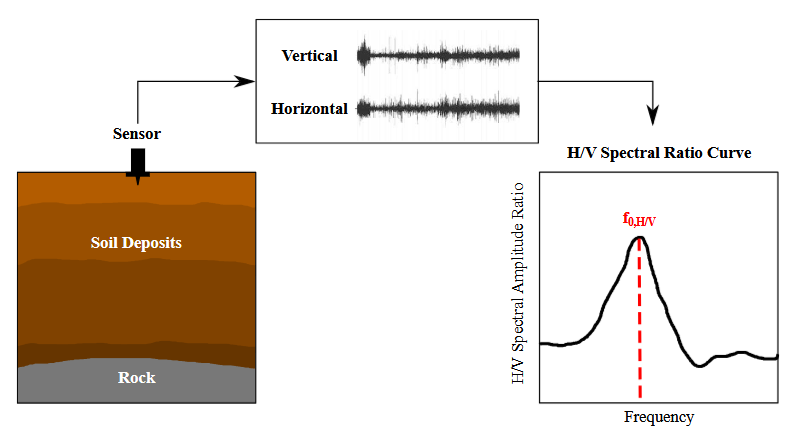
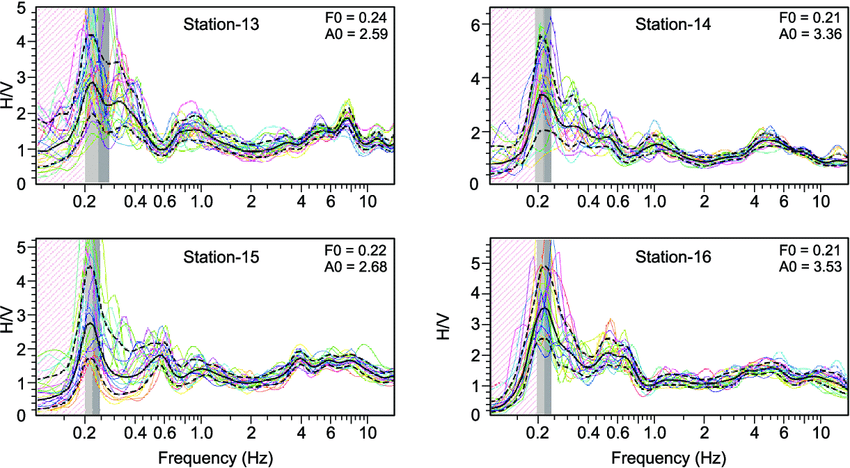
5th Workshop: Drone Image Analysis Software Training
Workshop Overview:
This hands-on workshop is designed for researchers, graduate students, and professionals interested in applying drone technology for scientific and technical purposes. It focuses on the effective use of drone image analysis software to extract high-resolution data for applications in geology, geophysics, urban planning, and related disciplines.
Participants will gain practical experience with specialized software tools and work with sample drone imagery datasets to develop their analytical skills.
Presenters: Dr. Doumaz Faouzi (INGV); Mr. Firas Benali-Cherif (Manager, SIFAR Engineering)
Details:
Duration: 09 hours
Capacity: Limited to 15–20 participants to ensure effective hands-on training
Target Audience: Master’s and PhD students, early career researchers, and professionals in Geosciences, Remote Sensing, Urban Planning
Prerequisites: No prerequisites
